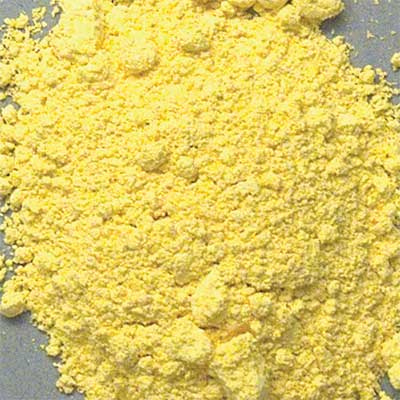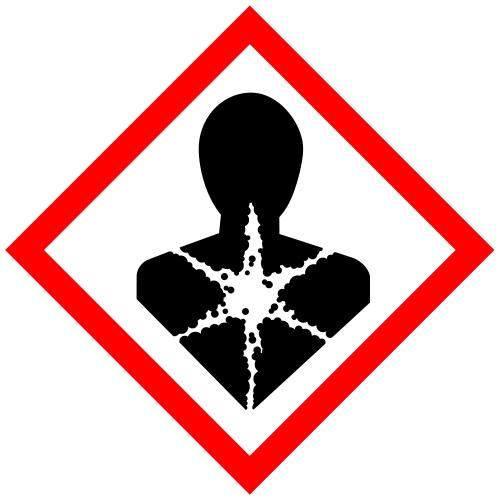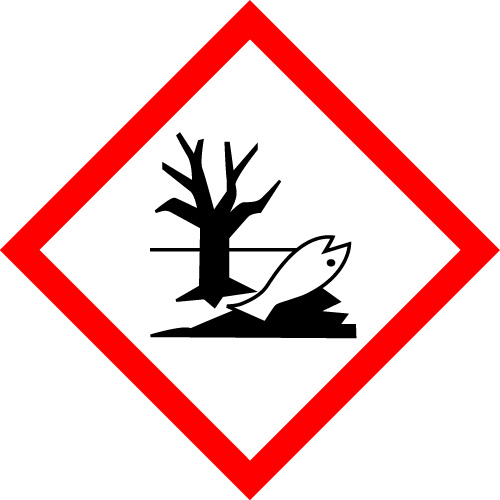Lead-Tin Yellow Dark (Type II) Pigment
Lead-tin yellow (type II) is an artificial pigment made by heating lead and tin oxide together. Its warm hue is deeper than lead-tin yellow (type I) and more transparent, making it suitable for warm yellow glazes.
| Pigment Names | |
| Current Names: | English: lead-tin yellow French: jaune de plomb étain German: Blei-Zinn Gelb Italian: giallo di piombo-stagno Spanish: amarillo de plomo-estano |
Origin and History
The early production of lead-tin yellow (type II) was connected with the glass and ceramic industry. Its manufacture probably predates that of lead-tin yellow (type I), since it occurs as a by-product during the manufacture of lead crystal glass. The earliest recipe for lead-tin yellow (type II) is found in the Bolognese manuscript, written in the first half of the fifteenth century. Lead-tin yellow II has been found principally in Florentine, Venetian, and Bohemian paintings. It was used on works by Giotto, the workshop of di Cione, Veronese, and Tintoretto.
Source
There are two types of lead-tin yellow, designated as types I and II. Type I is lead-tin oxide and is most frequently found on old paintings. Type II is a second variety of lead-tin oxide that may contain free tin oxide and additional silicon. Possibly both types were used as opacifiers in ancient glasses. Lead-tin yellow (type II) is produced by fusing lead, tin, and quartz compounds at about 800° C, yielding a yellow lead glass pigment that is ground and screened through a fine mesh.
Permanence and Compatibility
Lead-tin yellow is not affected by light and is stable under normal atmosphere. On paintings, lead-tin yellow (type I) has been found mixed with lead white, vermilion, yellow lakes, ochres, verdigris, indigo and azurite.
Oil Absorption and Grinding
Lead-tin yellow a small amount of oil (16 g oil per 100 g of pigment). It is a fast dryer in oil paint and forms an excellent film.
Toxicity
Lead-tin yellow contains lead and is poisonous. Utmost care should be used in handling the dry powder pigment to avoid inhaling the dust.

Pigment: Lead-Tin Yellow Dark (Type II)
| Pigment Information | ||
| Color: | Yellow | |
| Colour Index: | - | |
| Chemical Name: | Lead-Tin Oxide Silicate | |
| Chemical Formula: | Pb(Sn,Si)O3 | |
| ASTM Lightfastness Rating | ||
| Acrylic: | Not Tested | |
| Oil: | Not Tested | |
| Watercolor: | Not Tested | |
| Properties | ||
| Specific Gravity: | ||
| Hardness: | ||
| Refractive Index: | ||
| Oil Absorption: | 16.74 g oil/100 g pigment | |
| SKU | 437-52 |
|---|---|
| Brand | Rublev Colours |
| Vendor | Rublev Colours |
| Processing Time | Orders ship on Tuesdays and Thursdays. |
| Color | Yellow |
| Pigment Type | Inorganic, Historical, Synthetic |
DANGER! CONTAINS LEAD. HARMFUL IF SWALLOWED. Avoid ingestion and skin contact. Wear protective clothing and gloves to prevent contact with skin. Never use near children or pets. Read the SDS for all cautionary statements. Conforms to ASTM D 4236.
DANGER
CONTAINS LEAD / CONTIENT DU PLOMB
DO NOT APPLY TO SURFACES ACCESSIBLE TO CHILDREN OR PREGNANT WOMEN.
NE PAS APPLIQUER SUR UNE SURFACE ACCESSIBLE AUX ENFANTS OU AUX FEMMES ENCEINTES.
Must be used exclusively as material for the purposes of arts, crafts or hobbies, not for use by children. Utiliser uniquement aux fins suivantes comme matériaux pour les besoins d’art, d’artisanat ou passe-temps, pas pour une utilisation par les enfants.
Hazard Pictograms
 |  |  |
| GHS07: Exclamation Mark | GHS08-2: Health Hazard | GHS09: Environment |
Signal Word: Danger
Hazard Designation
H302 Harmful if swallowed.
H332 Harmful if inhaled.
H360 May damage fertility or the unborn child.
H373 May cause damage to organs through prolonged or repeated exposure.
H410 Very toxic to aquatic life with long lasting effects.
Safety Designation
P260 Do not breathe dust/fume/gas/mist/vapors/spray.
P261 Avoid breathing dust/ fume/ gas/ mist/ vapors/ spray.
P280 Wear protective gloves/ clothing/ eye/ face protection.
P281 Use personal protective equipment as required.
P405 Store locked up.
P501 Dispose of contents/ container according to regional, national and international regulations.


